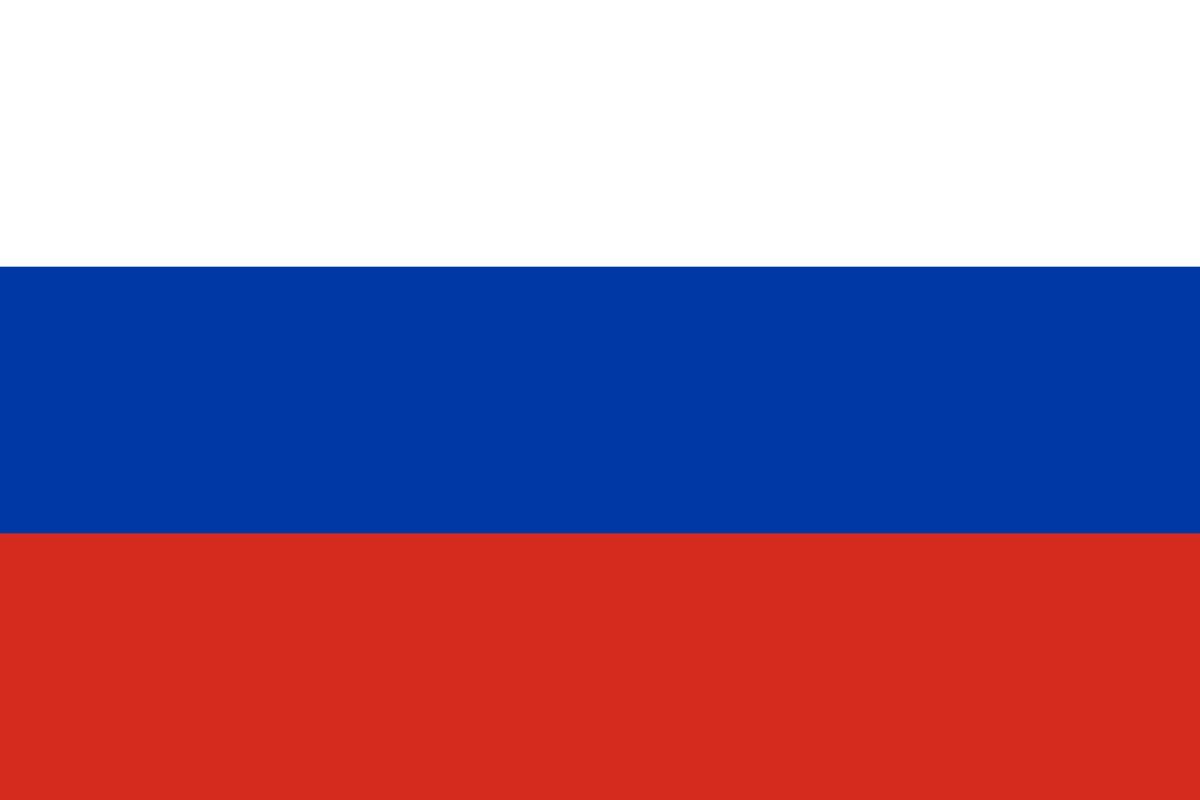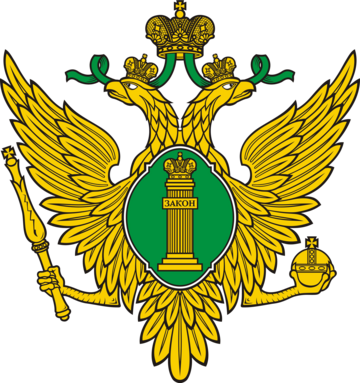- Oct 3, 2018
- 3,326

Минюст России Ministry of Justice | 
|
AUTHENTIC COMMUNIQUE OF THE OFFICE OF FOREIGN AFFAIRS Security Clearance: Secure and Encrypted |
| [Recipient]: Clerk of the Office for the International Court of Justice < Global Assembly > [Sender]: Minister of Justice, Russian Federation < NAShayk@MOJ.ru.gov > [Subject]: Reques for legal proceedings against Thailand |
| May it please the court, To the Honorable Registrar of the Court To the Registrar of the International Court of Justice, the undersigned, being duly authorized by the Government of the Russian Federatin, state as follows: In accordance with Articles 10 and 12 of the Statute of the Court and Article 14 of the Rules of Court, I have the honour to submit this Application instituting proceedings in the name of the Russian Federation (“Russia”) against the Republic of Thailand (“Thailand”). Pursuant to Article 14 of the Statute, the Application includes a request that the Court provide financial compensation.
Russia reserves its right to request provisional measures to prevent irreparable harm to the rights at issue in this case, and/or to prevent further aggravation of the dispute between theparties, should they become necessary, during the course of these proceedings. Russia reserves the right to revise, supplement, or amend the terms of this application, as well as the grounds invoked. Russia has designated His Excellency Ambassador Vladimir Tarabin, Ambassador Extraoridnary and Plenipotentiary of the Russian Federation to the Kingdodm of the Netherlands as its point of contact. I have the honor to assure the Court of my highest esteem and consideration, Alyona Arshinova Minister of Justice Russian Federation |
Last edited:



